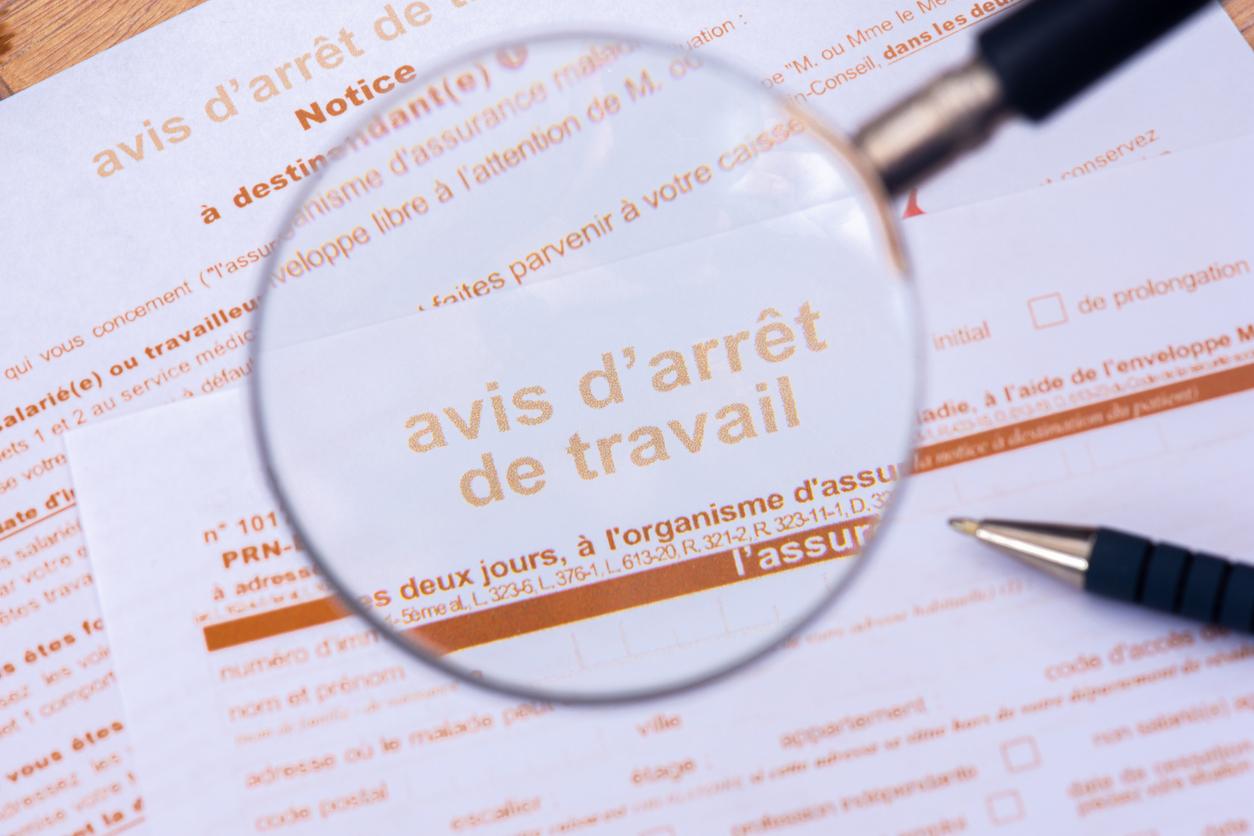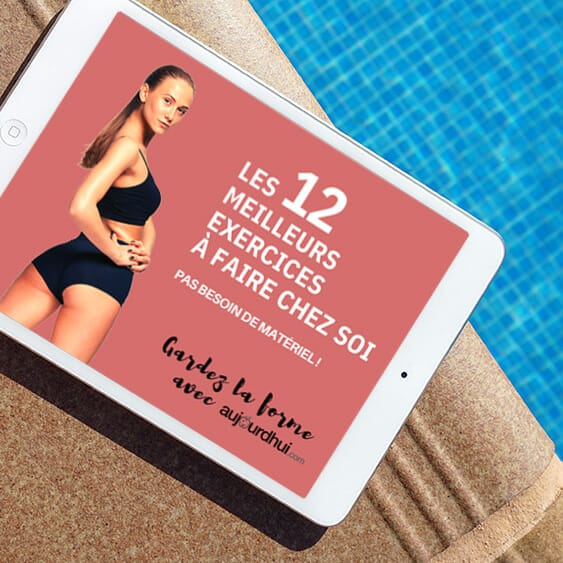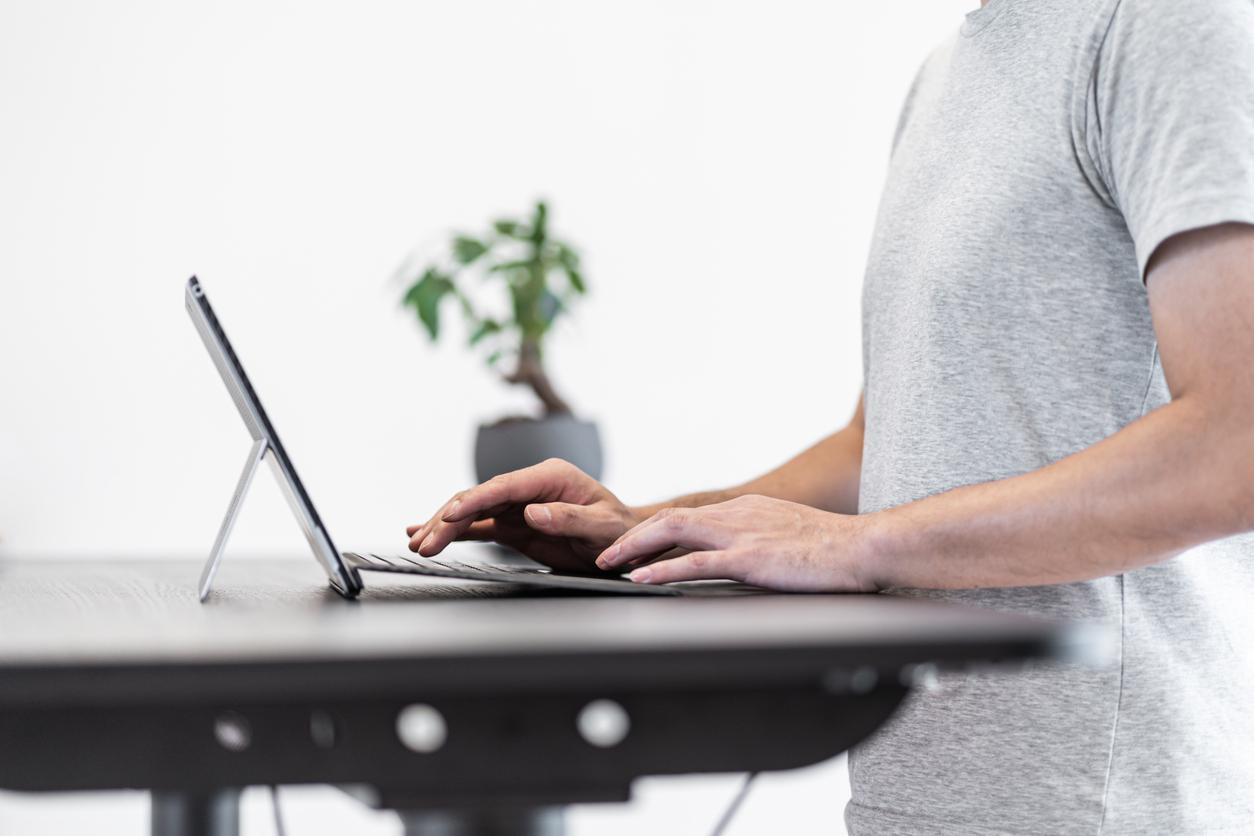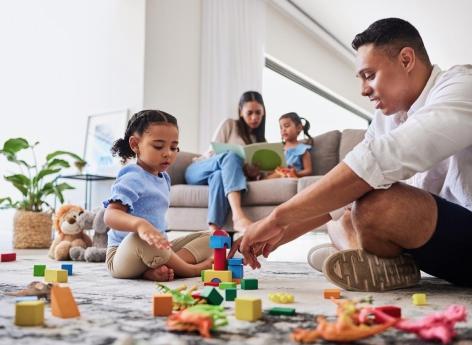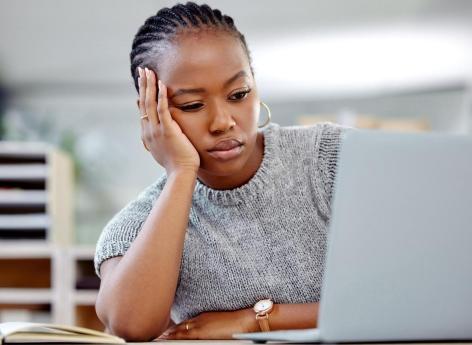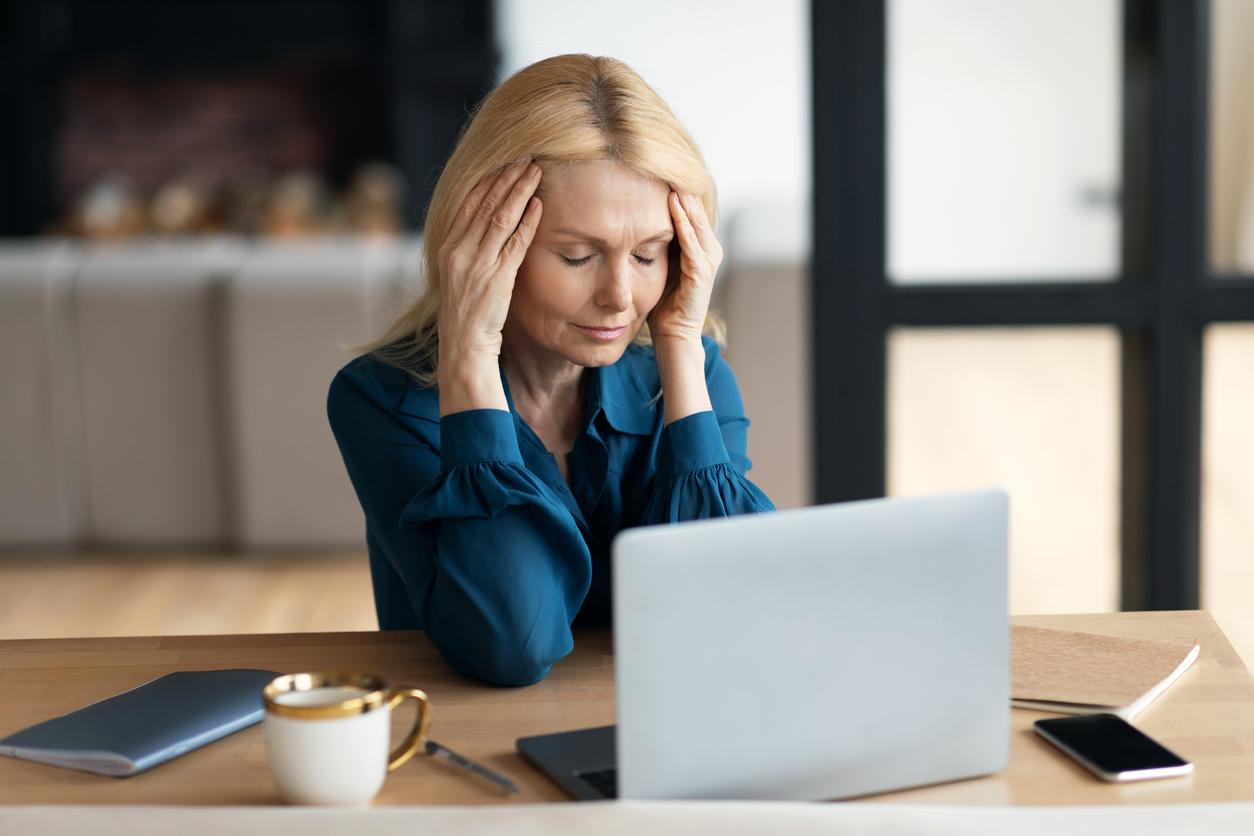
Interview with psychologist Thijs Launspach
Due to the corona crisis, we are more confined to home: we often still work from home and many people are also celebrating holiday in their own home this year. How do you ensure a good work-life balance without a lot of stress? And how do you get that holiday feeling when you’re just at home? Health net asked psychologist Thijs Launspach.
In your book you give tips to keep your working day stress-free. How do you keep a cool head in all the hustle and bustle?
“To start with, it is not the goal to be completely stress-free. That is also not possible, a little stress is even healthy, we know from research. The trick is to reduce that chronic stress – stress that does not go away – by worrying, for example. you have, money stress or because you are not in your place at work, keep it out as much as possible.
But you can keep a cool head in the daily hustle and bustle by knowing very well about yourself when it is actually too much. What are your ‘yellow flags’? In Formula 1, a yellow flag means a dangerous situation is coming. Yellow flags can be: being irritated at others, if you are so tired at the end of your working day that you can’t really do anything anymore, have a headache and sleep badly. If you know this about yourself, then you can act on it. That’s the first step.
The second step is knowing what you can handle mentally. Your physical health has a huge impact on your mental health, so it’s important to stay physically healthy. And that means a healthy sleep and diet, enough exercise and be careful with alcohol and drugs. It is also good to have moments in your day when you can ‘play’ a bit and at other times have as few stimuli as possible.”
How do you work from home effectively?
“The big problem with working from home is that things get mixed up. You’re suddenly working at home while you’re always spending your free time there and that can be confusing. So the best thing you can do to work from home effectively is to take care that you keep your work separate from the rest of your life as much as possible. Find a place where you are only working, and if you are not there, make sure that you are not working. And make sure that you agree very well with yourself when your working day starts and when it ends, otherwise the tendency may be too great to continue working or to send that one email.Before you know it, you are working way too long.
You can’t be concentrated all day, so make sure there is at least an hour a day that you can focus well. That you don’t have (online) meetings and that your children are doing something else for a while, so that you have full attention for your work in that one hour. And for the rest you can be a bit disturbed now and then, because that is also the reality of working from home.”
How do you let go of your work when you are free, now that working from home causes an unclear separation of work and private life for many people?
“You do that by very clearly marking the end of your working day. By having a kind of ritual, for example by folding your laptop and putting it in your bag, that it is not on all the time on your table. You can also make a brain dump, as they call it, that you write down all the loose ends that you still have open in your head, so that you can leave them out of your mind and that you can use them the next time you go to work. You can really close your working day in such ways, so that you are really free when you are not working.”
Many people are staying at home this year. How do you ensure a holiday feeling?
“The disadvantage is that if you try to take a holiday at home, you have already started to associate your own home with work. You may then be inclined to do something else. So that is also about separating work and private life: your You have to decide for yourself that you are at home, but you are actually on holiday and therefore not going to work.
Getting that holiday feeling is mainly about being kind to yourself. Don’t feel guilty if you’re not doing anything useful. You can do something useful every now and then, such as overdue chores, but also make sure you have moments when you ‘treat’ yourself to something nice. There are also many things you can still do: lie in your garden or on your balcony with your book, order good food from a restaurant to eat at home or open a good bottle of wine. You just have to think of a few ways to make it a little festive. That is no longer automatic.”
Thijs Launspach is a psychologist and expert in the field of stress and burnout. He wrote the books ‘Work is also possible’, ‘Working with Millennials’ and ‘Fokking Druk’. His latest book ‘Work is also possible’ is about how to combat stress at work and in your life, with an extra chapter on effective working from home. Thijs also has a weekly column in Algemeen Dagblad and he makes the podcast ‘Het Rustburo’. He is also a teacher at The School of Life.








